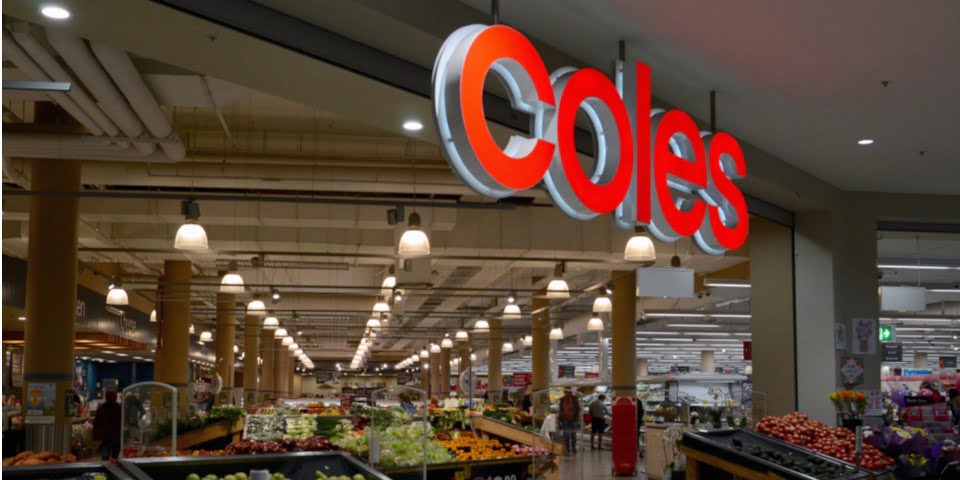Coles is set to be a standalone company for the first time in a decade. Investment is therefore key to its future success, says market-research company IBISWorld.
As parent company Wesfarmers presses on with demerging its supermarket division, Coles will have to fend for itself.
IBISWorld says Coles must capitalise on the momentum of the Little Shop campaign to gain ground on industry leader Woolworths.
“Coles has been a significant cash generator for Wesfarmers over the past decade,” IBISWorld Senior Industry Analyst Tom Youl said. “But it has begun to stagnate, losing market share to Woolworths over the past three years.
“To regain lost ground and prepare for incoming threats, AmazonFresh and Kaufland, Coles is expected to invest heavily in capital over the next five years.”
The new Coles entity will probably operate with three main divisions: supermarkets, liquor and convenience.
“The convenience division has declined over the past five years as a change to the commercial arrangement with petroleum supplier, Viva Energy, which reduced Coles’ fuel revenue,” Mr Youl said.
“Conversely, the Liquor division, encompassing the company’s liquor retailing and hotel operations, has exceeded expectations and grown strongly.”
Over to you, Coles
Despite strong growth over most of the past decade, says IBISWorld, the performance of Coles’ supermarkets division has been slow.
As it splits from Wesfarmers, the onus is now on Coles to respond to competing strategies and plan for growth.
Coles has suggested it may invest up to $1 billion in-store and on consumer-experience upgrades. It may also work on improving its operating efficiency. Notably, it’s planning to build two automated distribution centres.
“While this can be seen as a response to Woolworths’ automated warehouse, set to open early 2019, these cost-reduction measures are also in response to industry disruptors, AmazonFresh and Kaufland,” Mr Youl said. “These players are expected to offer low prices, further pressuring supermarket profitability.
“While a forecasted rise in disposable income will likely provide opportunities for industry players, Coles must reinvigorate its branding and pricing strategies in order to bring lost foot traffic back to its stores.”
Little Shop success
Coles had some great success with the recent Little Shop campaign run over the first quarter of 2018-19, says IBISWorld.
IBISWorld analysts believe that campaigns such as this have the potential to help Coles boost short-term market share. But Coles will need to do more strategic work to cement long-term growth, they conclude.
“The benefits of the campaign were twofold,” Mr Youl said, “as Woolworths reported a downturn over the same period, with an estimated growth rate of 1.3 per cent compared with 3.1 per cent in the last quarter of 2018.
“Nevertheless … it remains to be seen if Coles can translate this won battle into winning the war.”
Coles upbeat
In a press release from October 15, Coles itself struck an upbeat and confident note about its performance.
“Coles Supermarkets’ headline sales increased 5.8 per cent during the quarter, and its total sales increased by five per cent,” Coles Managing Director Rob Scott said.
“Strong growth in basket size, transaction numbers and units sold, as well as improvements in fresh market share, supported the sales result. Coles’ liquor and convenience segments also recorded headline sales growth for the quarter.
“The result for the first quarter was pleasing. It demonstrated the ability of the Coles team to continue to focus on improving in-store execution while preparations continued for the proposed shareholder vote on the demerger.”



